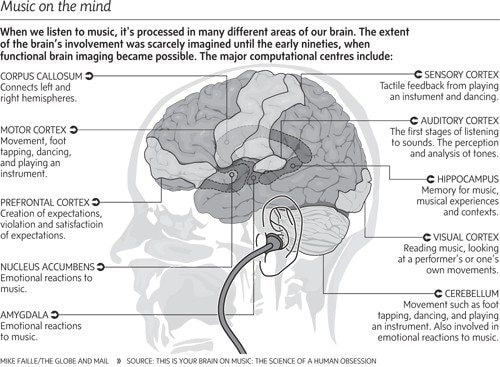Music on the Mind: Jamming out with our brains!By ISJL Education Fellow Paige Beame
Beyond its power to bring someone to their feet in jubilation, music constantly stimulates the brain. For example, the tempo (speed) of music activates several parts of a person’s brain! This article describes several hidden ways our favorite songs and symphonies influence our mind and intrinsic abilities. Hopefully, these tidbits will add some intention to classroom lessons and service preparation:
The link between music and the mind is a science every classroom can explore. Playing a song during an art project, when students walk in, or even when a class is getting rowdy all establish a soundtrack for success. [1] <https://www.thehealthy.com/mental-health/classical-music-effects/>; <https://www.solidwheel.com/how-different-music-genres-affect-the-brain/>. [2] <https://www.fastcompany.com/3022942/the-surprising-science-behind-what-music-does-to-our-brains>. |
- Home
- WHO WE ARE
-
WHAT WE DO
- PODCAST
- Conference >
- Education >
-
CULTURE
>
- Culture Overview
- Cultural Programming >
-
History
>
-
Encyclopedia of Southern Jewish Communities
>
- Alabama Encyclopedia
- Arkansas Encyclopedia
- Georgia Encyclopedia
- Florida Encyclopedia
- Kentucky Encyclopedia
- Louisiana Encyclopedia
- Mississippi Encyclopedia
- North Carolina Encyclopedia
- Oklahoma Encyclopedia
- South Carolina Encyclopedia
- Tennessee Encyclopedia
- Texas Encyclopedia
- Virginia Encyclopedia
- Encyclopedia Credits
- Oral History
-
Encyclopedia of Southern Jewish Communities
>
- SPIRITUALITY >
- DONATE
- Shalom Y'all
- Strategic Plan
- Southern & Jewish Blog
- Calendar
- Virtual Press Kit
|
©2024 Goldring/Woldenberg Institute of Southern Jewish Life
|

